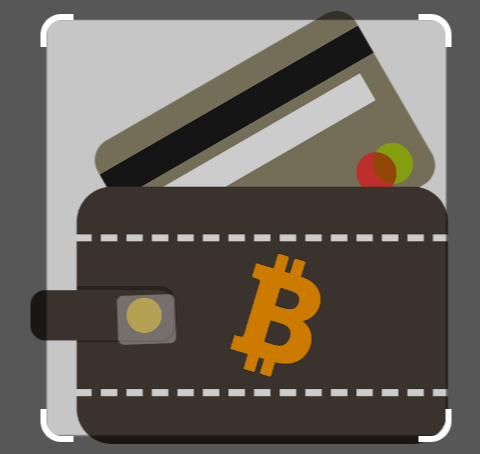In the world of cryptocurrency, Bitcoin has emerged as the pioneer and the most well-known digital currency. As more individuals and businesses adopt Bitcoin for various purposes, the need for secure and convenient storage solutions has become increasingly important. This is where Bitcoin wallets come into play.
A Bitcoin wallet is essentially a digital container that allows users to securely store their Bitcoin holdings. It’s important to note that Bitcoin itself is not stored in a wallet; rather, the wallet holds the private keys that enable access to the Bitcoin on the blockchain.
There are several types of Bitcoin wallets available, each with its own set of features, security levels, and accessibility options. Let’s explore some of the most popular ones:
Software Wallets: These wallets can be installed on desktop computers or mobile devices. They offer convenience and easy accessibility, making them suitable for everyday use. Examples include Electrum, Exodus, and Jaxx.
Hardware Wallets: These physical devices provide an extra layer of security by keeping the private keys offline. They are considered the most secure option for long-term storage. Well-known hardware wallets include Ledger and Trezor.
Paper Wallets: As the name suggests, paper wallets involve printing private keys on paper. They are completely offline, making them resistant to hacking. However, they require extra caution to protect against physical damage and loss.
Online Wallets: These wallets are web-based and accessible through internet browsers. While they offer convenience, users must trust the service provider with the security of their funds. Popular online wallets include Coinbase and Blockchain.com.
Mobile Wallets: Designed for smartphones, mobile wallets offer portability and ease of use. They are particularly useful for day-to-day transactions. Examples include Mycelium, Bread, and Trust Wallet.
When selecting a Bitcoin wallet, it’s essential to consider factors such as security, ease of use, backup options, and compatibility with your devices. It’s also crucial to research the wallet provider’s reputation and the community’s feedback regarding its reliability and track record.
To enhance security, most wallets generate a unique recovery phrase that can be used to restore access to the funds in case the wallet is lost or compromised. It’s imperative to keep this recovery phrase safe and secure, preferably in offline storage.
In short, Bitcoin wallets are a crucial component of managing and safeguarding your Bitcoin holdings. By choosing the right wallet that aligns with your needs and priorities, you can ensure the security of your digital assets while enjoying the convenience of using Bitcoin for various transactions. Remember to stay informed about the latest developments in wallet technology and security best practices to maximize your Bitcoin storage experience.



